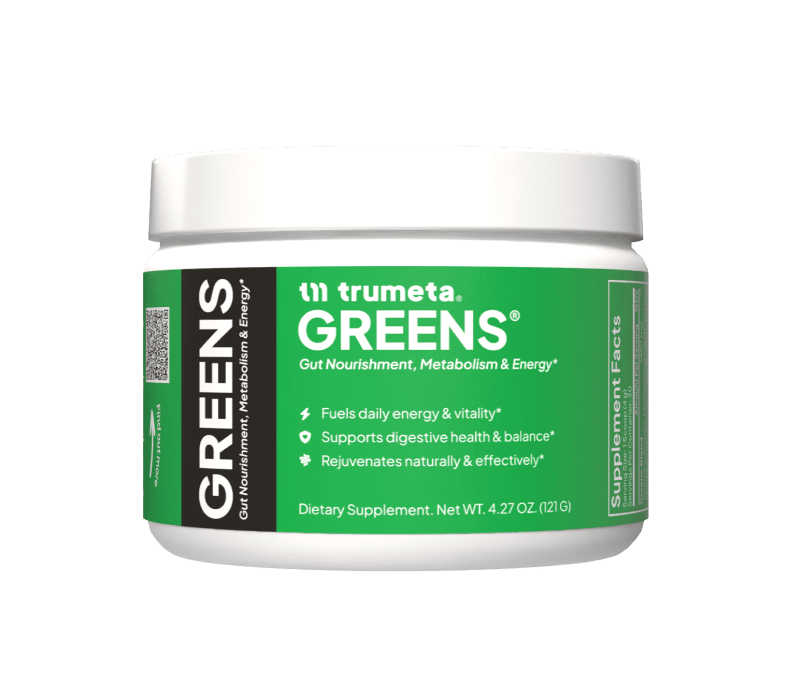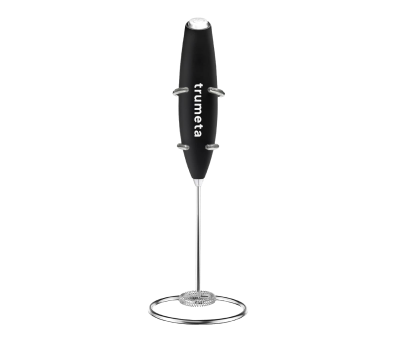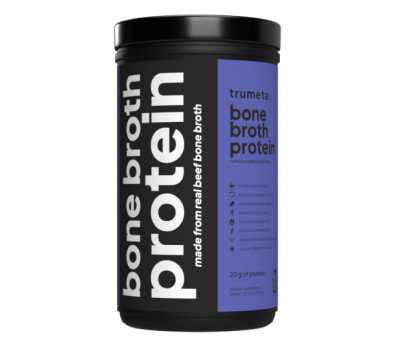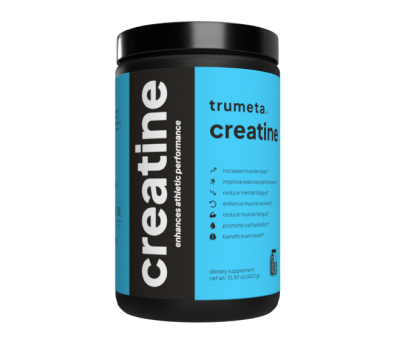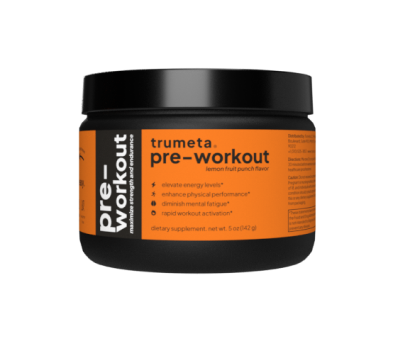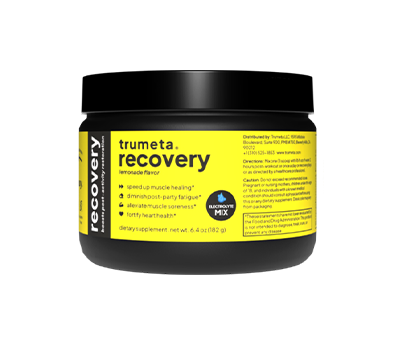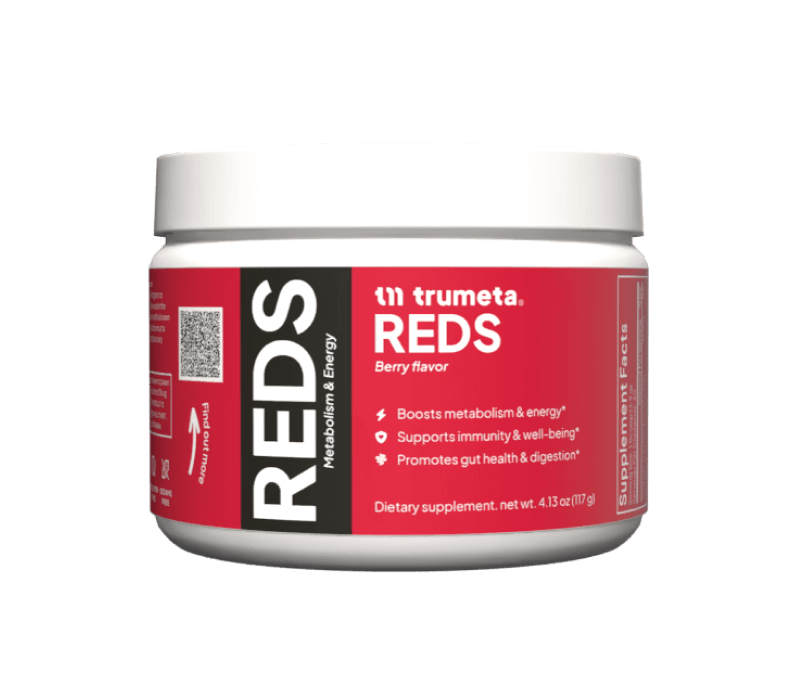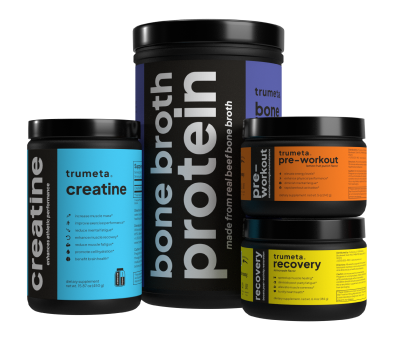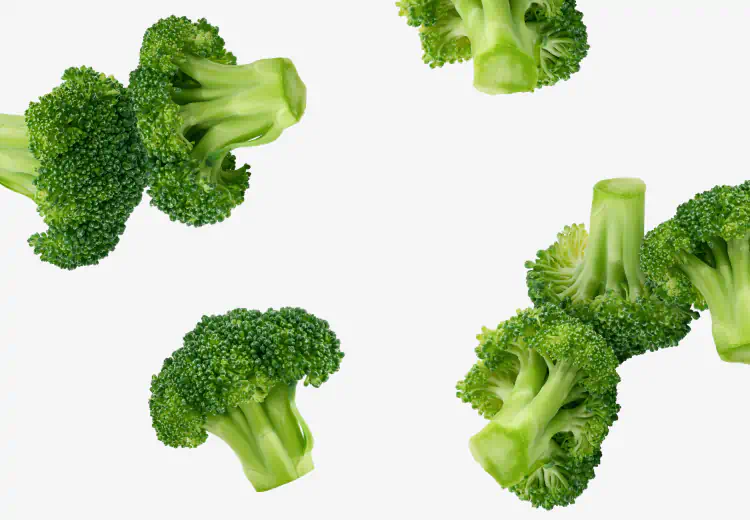
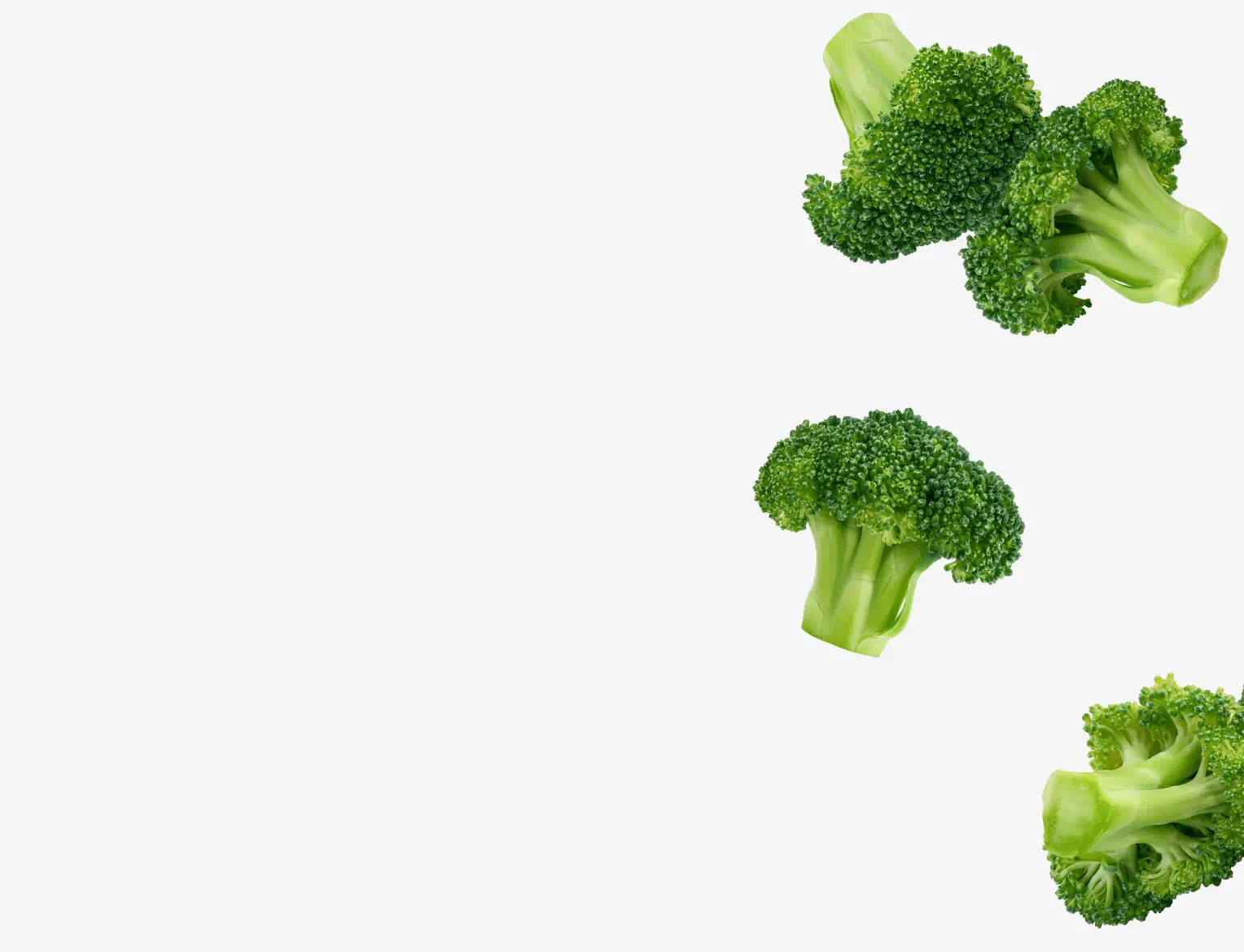

Organic broccoli:
Health benefits & uses for wellness
Crisp, earthy, and packed with nutrients, organic broccoli is a versatile superfood that supports your health in countless ways. Unlike conventionally grown varieties, organic broccoli is cultivated without synthetic pesticides or chemical fertilizers, making it a cleaner choice for both you and the environment. These vibrant green florets are brimming with essential vitamins, minerals, and powerful plant compounds that promote overall well-being.
From adding a nutritious boost to stir-fries to becoming the star of comforting soups, organic broccoli offers remarkable versatility in the kitchen. Beyond its distinctive flavor, this cruciferous vegetable contains key nutrients that support immune function, digestive health, and cellular vitality. Whether you enjoy it steamed, roasted, or raw, organic broccoli is a nutrient-dense powerhouse worth incorporating into your regular diet.
Benefits of Organic Broccoli
Choosing organic broccoli delivers exceptional health advantages beyond conventional varieties. Here's why this green powerhouse deserves a regular spot on your plate.
Boosts Immune System
Organic broccoli is exceptionally rich in vitamin C - just one cup provides over 100% of your daily requirement. This essential nutrient strengthens your immune system by supporting the production of white blood cells that defend your body against infections. The antioxidants in organic broccoli also help reduce oxidative stress, further supporting your body's natural defense mechanisms.
High in Antioxidants
One of the compounds in organic broccoli is sulforaphane, a powerful antioxidant that activates when you chop or chew this vegetable. Sulforaphane supports cellular health and helps protect cells from damage. Growing your own organic broccoli sprouting seeds at home maximizes these benefits, as young sprouts contain up to 100 times more sulforaphane than mature plants.
Supports Heart Health
The fiber and antioxidant content in organic broccoli work together to support cardiovascular function. Regular consumption helps maintain healthy blood vessels and promotes proper circulation. For year-round accessibility, organic frozen broccoli retains most of these heart-supporting nutrients and makes it convenient to incorporate this vegetable into your meals regardless of season.
Enhances Digestive Health
With approximately 2.4 grams of fiber per cup, organic broccoli supports a healthy digestive system. This dietary fiber promotes regular bowel movements and feeds beneficial gut bacteria. A thriving gut microbiome contributes to overall wellness, from improved digestion to enhanced mood.
Supports Bone Health
Organic broccoli sprouts and mature florets contain a combination of vitamin K and calcium, nutrients essential for maintaining strong bones. Vitamin K improves calcium absorption and bone mineral density, while calcium provides the structural foundation for your skeletal system. Together, these nutrients help maintain bone strength throughout your life.
Forge Your Victory
Key nutrients
Organic broccoli packs an impressive array of vitamins, minerals, and beneficial plant compounds. Here's what makes this green vegetable so valuable for your health:
Vitamin C
One cup of raw organic broccoli delivers more vitamin C than an orange. This essential vitamin boosts immune function, enhances skin health, and helps build collagen for healthy joints and blood vessels. Try to eat broccoli fresh or lightly cooked to keep this nutrient intact.
Vitamin K
Organic broccoli is an excellent source of vitamin K1, an essential nutrient that plays a key role in proper blood clotting and helps regulate calcium levels in bones and tissues. Including broccoli in your diet supports bone strength and overall skeletal health.
Fiber
Dietary fiber in organic broccoli supports digestive health in multiple ways. Insoluble fiber adds bulk to stool and promotes regularity, while soluble fiber nourishes beneficial gut bacteria. This combination helps with digestion, supports gut balance, and provides lasting energy throughout the day.
Potassium
Organic broccoli is naturally rich in potassium, an essential mineral that helps maintain fluid balance, supports nerve function, and ensures proper muscle contraction. Potassium also plays a role in cardiovascular health by supporting normal blood pressure levels.
Antioxidants (Sulforaphane)
One of the most powerful antioxidants in organic broccoli is sulforaphane. This beneficial phytochemical helps protect cells and supports the body’s natural detoxification processes. Research suggests that sulforaphane activates liver enzymes that aid in processing and eliminating potentially harmful compounds.
How to Use Organic Broccoli?
Adding organic broccoli to your daily meals is simple and rewarding. This versatile vegetable works beautifully in countless dishes while delivering impressive nutritional benefits.
The easiest way to enjoy organic broccoli is to wash it thoroughly, trim the florets, and eat them raw with your favorite dip. For maximum nutrition retention, consume broccoli fresh or lightly cooked to preserve its vitamin content.
You can easily incorporate organic broccoli into your diet by:
- Steaming florets for 3-5 minutes until bright green and tender-crisp
- Roasting with olive oil at 425°F for caramelized sweetness
- Stir-frying with garlic and ginger for a quick side dish
- Adding to pasta dishes, casseroles, and grain bowls
- Blending into smoothies with fruit to mask the flavor
For a nutritious meal, pair organic broccoli with lean protein, healthy fats, and complex carbohydrates. Try combining roasted broccoli with quinoa, chickpeas, and a tahini dressing for a balanced, satisfying dish.
Growing your own vegetables from organic broccoli seeds gives you the freshest possible harvest and complete control over how your food is grown. Plant seeds in spring or fall in well-draining soil with plenty of sunlight for a rewarding home garden experience.
Store unwashed broccoli in a loose, perforated bag in the refrigerator crisper drawer for up to 5 days. To extend its life, blanch florets in boiling water for 2 minutes, cool in ice water, and freeze for future use in soups, stir-fries, and casseroles.
Nutritional Information
Organic broccoli delivers exceptional nutritional value with minimal calories, making it a powerful addition to a balanced diet. Here's a detailed breakdown of what you'll find in a standard serving of this vibrant green vegetable.
One cup (91 grams) of raw organic broccoli contains approximately:
- Calories: 31
- Protein: 2.5 grams
- Carbohydrates: 6 grams
- Fiber: 2.4 grams
- Natural Sugars: 1.5 grams
- Fat: 0.3 grams
- Water Content: 89% by weight
This serving delivers an impressive array of essential vitamins:
- Vitamin C: 81.2 mg (135% of daily value)
- Vitamin K: 92.5 mcg (116% of daily value)
- Vitamin A: 567 IU (11% of daily value)
- Folate: 57.3 mcg (14% of daily value)
- Vitamin B6: 0.2 mg (10% of daily value)
Organic broccoli also provides important minerals per cup:
- Potassium: 288 mg (8% of daily value)
- Manganese: 0.2 mg (10% of daily value)
- Phosphorus: 60 mg (6% of daily value)
- Magnesium: 19 mg (5% of daily value)
- Calcium: 43 mg (4% of daily value)
What makes organic broccoli truly special is its rich concentration of plant compounds with protective properties:
- Sulforaphane: A powerful sulfur-containing compound
- Kaempferol: A flavonoid with antioxidant effects
- Quercetin: Supports cellular health
- Glucosinolates: Sulfur-containing compounds that convert to bioactive compounds
Organic varieties typically contain higher levels of these beneficial compounds compared to conventionally grown broccoli. Whether you enjoy it raw, steamed, or roasted, organic broccoli provides exceptional nutrition that supports overall wellbeing.
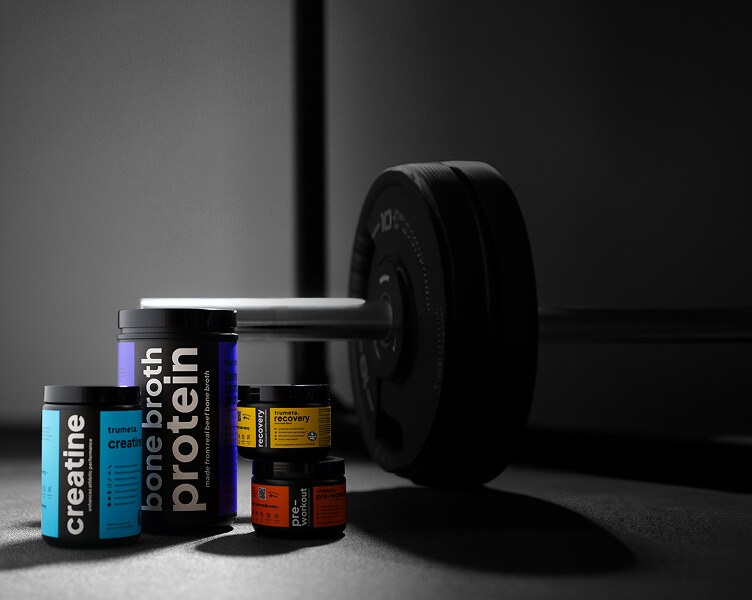


Strength isn't given.
It's earned.
Every rep. Every set. Every scoop.
Frequently asked questions
References
Does broccoli need to be organic?
Broccoli doesn't absolutely need to be organic, but choosing organic varieties reduces your exposure to synthetic pesticides and may contain higher levels of certain nutrients. The decision ultimately depends on your personal health priorities and budget.
Is organic broccoli worth it?
Organic broccoli is worth it if you prioritize reducing pesticide exposure and supporting sustainable farming practices. Some studies suggest organic varieties contain higher antioxidant levels. However, conventional broccoli still offers excellent nutrition if organic options aren't accessible.
How to clean organic broccoli?
Rinse organic broccoli thoroughly under cold running water, focusing on florets where dirt may hide. For deeper cleaning, soak in cold water with a tablespoon of white vinegar for 5-10 minutes, then rinse again before use.
Wunderlich, S. M., et al. (2007). Nutritional quality of organic, conventional, and seasonally grown broccoli using vitamin C as a marker. International Journal of Food Sciences and Nutrition, 59(1), 34–45. https://pubmed.ncbi.nlm.nih.gov/17852499/
Kaiser, A. E., et al. (2021). Sulforaphane: A Broccoli Bioactive Phytocompound with Cancer Preventive Potential. Cancers, 13(19), 4796. https://pmc.ncbi.nlm.nih.gov/articles/PMC8508555/
Harvard Health. (2020). Broccoli and brussels sprouts may promote heart health. https://www.health.harvard.edu/staying-healthy/broccoli-and-brussels-sprouts-may-promote-heart-health
Ms, N. S. (2023). Broccoli: This superfood may boost gut lining, protect against disease. Healthline. https://www.healthline.com/health-news/broccoli-superfood-may-boost-gut-lining
Ld, A. H. R. (2018). Top 14 health benefits of broccoli. Healthline. https://www.healthline.com/nutrition/benefits-of-broccoli#TOC_TITLE_HDR_13
Vitamin C. (n.d.). Mayo Clinic. https://www.mayoclinic.org/drugs-supplements-vitamin-c/art-20363932
Mladěnka, P., et al. (2021). Vitamin K – sources, physiological role, kinetics, deficiency, detection, therapeutic use, and toxicity. Nutrition Reviews, 80(4), 677–698. https://pmc.ncbi.nlm.nih.gov/articles/PMC8907489/
Gill, S. K., et al. (2020). Dietary fibre in gastrointestinal health and disease. Nature Reviews Gastroenterology & Hepatology, 18(2), 101–116. https://pubmed.ncbi.nlm.nih.gov/33208922/
Yan, L., & Yan, Y. (2023). Therapeutic potential of sulforaphane in liver diseases: a review. Frontiers in Pharmacology, 14. https://pmc.ncbi.nlm.nih.gov/articles/PMC10495681/
